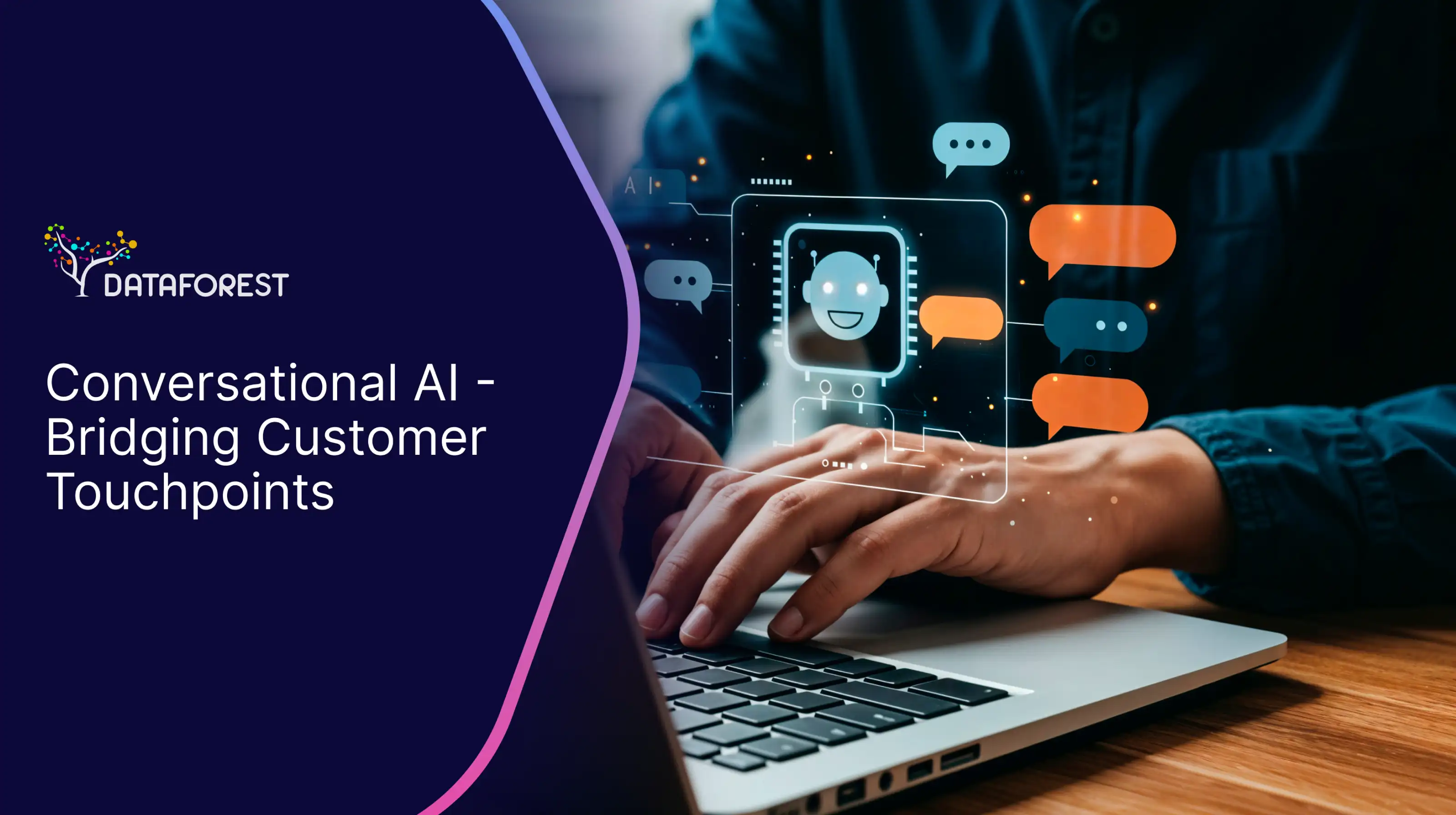Share
Table of contents:

Legal considerations encompass the laws, regulations, and guidelines relevant to specific actions, industries, or technological practices to ensure they comply with the legal framework established within a jurisdiction. These considerations are critical in the context of data science, artificial intelligence (AI), big data, data scraping, and DevOps, as these fields often involve handling sensitive data, accessing public or restricted content, and implementing automated systems that can have wide-reaching impacts. In industries such as data scraping, for example, legal considerations dictate the acceptable ways to access and use online data without violating intellectual property or privacy rights.
Core Aspects of Legal Considerations
- Intellectual Property (IP) Laws:
- Intellectual property laws govern the protection of creations of the mind, including inventions, literary and artistic works, symbols, names, and images used in commerce. In data science and scraping, this means respecting copyrights, trademarks, and patents when using or republishing information.
- For example, the unauthorized scraping of content from websites may infringe on copyright protections if that content is subsequently used or published without permission.
- Data Privacy Regulations:
- Data privacy laws define the parameters for the collection, processing, storage, and sharing of personal data. Key regulations include the European Union’s General Data Protection Regulation (GDPR), California Consumer Privacy Act (CCPA), and other regional privacy laws.
- These laws establish that individuals must be informed about and consent to the collection of their data, and they have rights to access, modify, and delete personal information held by organizations. Violating data privacy regulations can lead to significant legal penalties.
- Data Collection and Consent:
- Legal data collection mandates that organizations obtain explicit consent from individuals before gathering their personal data. This principle is especially relevant in AI and big data, where large datasets might include personally identifiable information (PII).
- Consent practices also apply to data scraping, where websites often provide terms of service that outline acceptable usage. Ignoring these terms can lead to legal repercussions under anti-scraping laws.
- Terms of Service and User Agreements:
- Websites and online platforms often have terms of service agreements specifying what is permitted on their platform, including data scraping activities, data usage, and API access limitations.
- Breaching these agreements by exceeding allowed request rates or collecting restricted information can result in legal action, typically for breach of contract or trespassing laws in digital contexts.
- Ethical and Fair Use Considerations:
- Beyond strict legal boundaries, ethical considerations involve respecting the intent of data authors, users, and owners. The principle of fair use, particularly in the United States, provides certain permissions for transformative uses of copyrighted content.
- Ethical use ensures that data science, AI, and scraping practices are aligned with societal standards of fairness, transparency, and accountability, which are important in upholding industry reputations and avoiding negative legal consequences.
- Compliance with Anti-Discrimination Laws:
AI models and data science applications often have to adhere to anti-discrimination laws, ensuring that automated systems and algorithms do not discriminate against individuals based on factors like race, gender, religion, or age. Discriminatory outcomes can lead to legal challenges and penalties under civil rights laws.
- Export Controls and International Regulations:
- For global data science or AI applications, export controls restrict certain technologies and data from being shared across borders, especially when involving sensitive information.
- Specific regulations, such as the International Traffic in Arms Regulations (ITAR) and Export Administration Regulations (EAR), control the transfer of defense-related data or technologies, affecting cross-border AI development and data management.
- Cybersecurity and Data Protection:
- Laws such as the Cybersecurity Information Sharing Act (CISA) and various national cybersecurity regulations require organizations to safeguard data against breaches, unauthorized access, and cyberattacks.
- Data protection measures are essential to prevent the legal ramifications associated with data breaches, including the exposure of sensitive customer or proprietary information.
- Transparency and Explainability in AI:
- Legal frameworks increasingly emphasize transparency in AI, ensuring that algorithms and decision-making processes are explainable and accessible to relevant parties. Some laws mandate that AI models in critical fields, like finance and healthcare, be auditable to confirm that they operate within legal parameters.
- Explainable AI facilitates compliance with laws by providing insights into model behavior, particularly in high-stakes areas where unfair or biased outcomes could lead to litigation.
Legal Formulations and Compliance
Legal compliance requires organizations to conduct thorough assessments, often using legal consultants, to evaluate the legal risks associated with data practices, model deployment, and user agreements. For instance, in data scraping:
- Robots.txt Compliance: Most websites use a `robots.txt` file that specifies crawling permissions. While non-binding, it is commonly referenced in legal arguments, with courts sometimes interpreting ignoring `robots.txt` as a breach of implied terms.
- API Rate Limits and Terms: APIs often impose rate limits and specific terms that restrict excessive data collection or specific types of queries. Exceeding these limits may constitute a breach, resulting in potential legal or account restrictions.
Legal Penalties
Violations of legal considerations in big data, AI, and scraping can result in civil or criminal penalties, depending on the jurisdiction and severity of the breach. Penalties may include:
- Fines: GDPR fines can reach up to €20 million or 4% of a company’s global turnover, while CCPA imposes fines per violation.
- Injunctions: Legal orders can halt the use of unlawfully gathered data, impeding project progress.
- Lawsuits and Settlements: Affected parties may file lawsuits for damages, which can be costly and reputation-damaging.
Legal considerations play a crucial role in defining and governing the actions within data-driven fields, aiming to protect individuals’ rights and ensure fair, transparent, and accountable data practices.











